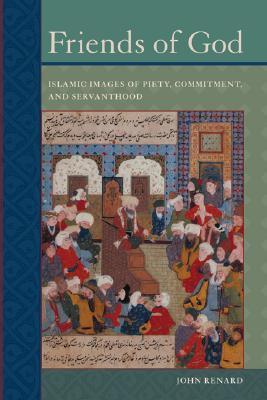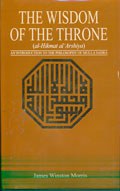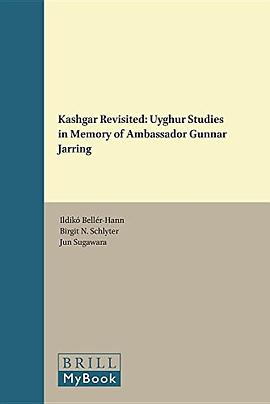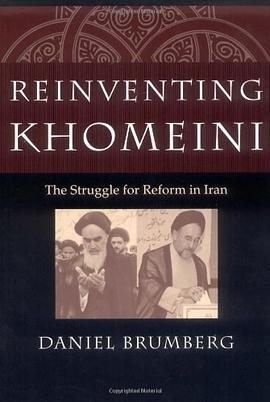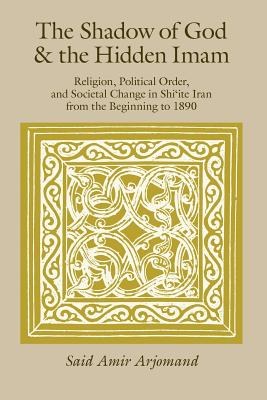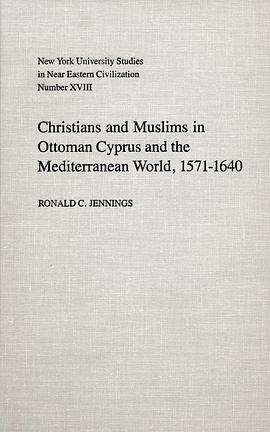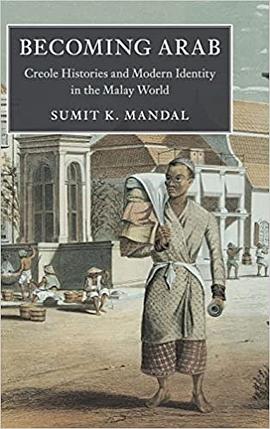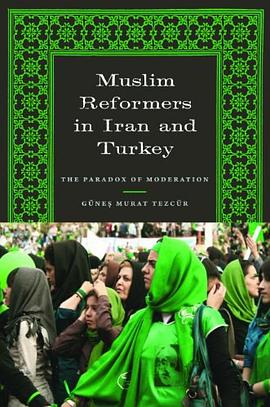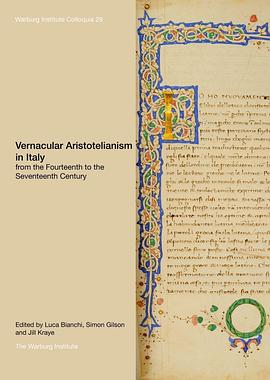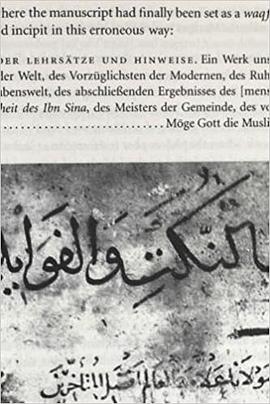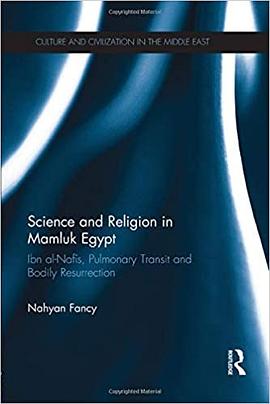

具体描述
The discovery of the pulmonary transit of blood was a ground-breaking discovery in the history of the life sciences, and a prerequisite for William Harvey’s fully developed theory of blood circulation three centuries later. This book is the first attempt at understanding Ibn al-Nafīs’s anatomical discovery from within the medical and theological works of this thirteenth century physician-jurist, and his broader social, religious and intellectual contexts.
Although Ibn al-Nafīs did not posit a theory of blood circulation, he nevertheless challenged the reigning Galenic and Avicennian physiological theories, and the then prevailing anatomical understandings of the heart. Far from being a happy guess, Ibn al-Nafīs’s anatomical result is rooted in an extensive re-evaluation of the reigning medical theories. Moreover, this book shows that Ibn al-Nafīs’s re-evaluation is itself a result of his engagement with post-Avicennian debates on the relationship between reason and revelation, and the rationality of traditionalist beliefs, such as bodily resurrection.
Breaking new ground by showing how medicine, philosophy and theology were intertwined in the intellectual fabric of pre-modern Islamic societies, Science and Religion in Mamluk Egypt will be of interest to students and scholars of the History of Science, the History of Medicine and Islamic Studies.
作者简介
Nahyan Fancy is an Associate Professor of History at DePauw University, Greencastle, Indiana, USA. His research interests are in the history of science and medicine in post-1200 Islamic societies, particularly the intersections of medicine, religion and philosophy.
目录信息
读后感
评分
评分
评分
评分
用户评价
这本书的结构设计,简直是教科书级别的范本。它没有采取那种平铺直叙、按时间顺序堆砌事实的做法,而是巧妙地设置了一系列围绕核心主题展开的专题章节。这种布局使得即便是跨度较大的历史时期和地域的观点对比,也显得清晰明了、逻辑严密。我尤其赞赏作者对于不同类型史料的整合能力,一手档案的生动性与二手研究的批判性完美地融合在一起,彼此呼应,互为佐证。书中对特定学术争论的梳理,简直是精妙绝伦,它不是简单地介绍“谁说了什么”,而是深入剖析了“为什么会这样说”,揭示了背后的权力结构和知识权威的争夺。对于一个非专业读者来说,它提供了极佳的入门路径,但对于专业人士而言,它又提供了足够多的挑战性论点去反思和辩驳。这是一种罕见的平衡感,体现了作者深厚的学术功力和非凡的叙事技巧。
评分从读者的角度来说,这本书最大的魅力在于其坦诚和毫不妥协的求真精神。它没有试图去美化或简化那个时代复杂的宗教与世俗张力,而是将其置于放大镜下进行审视。我从中读出了一种对历史真实性的执着追求,作者的立场是清晰的——即理解历史,而非评判历史。书中的一些论断,初读可能让人感到意外,但经过作者层层递进的分析后,便会让人恍然大悟,承认其合理性。这种“说服力”并非源于强硬的灌输,而是源于无可辩驳的逻辑链条。阅读这本书的过程,就像是在攀登一座知识的高峰,虽然过程需要体力,但顶峰的视野却是无与伦比的壮阔和深远。它极大地拓宽了我对中世纪伊斯兰世界知识生态的认知边界,是一次真正令人心满意足的智力探险。
评分这本书的叙事笔触细腻入微,仿佛一位经验丰富的历史学家,带领读者穿越回了那个充满神秘色彩和深刻变革的马穆鲁克埃及。作者在梳理历史脉络时,展现出一种令人惊叹的洞察力,尤其是在描绘当时社会结构与知识分子群体之间的微妙互动时。我尤其欣赏作者对于文本细读的耐心与深度,那些看似微不足道的教令、信函或私人笔记,在作者的笔下都焕发出新的生命力,揭示出隐藏在宏大叙事之下的个体挣扎与信仰坚守。阅读过程中,我多次停下来,反复咀嚼那些精妙的论证,它们不仅是枯燥的历史陈述,更像是与过去智者的灵魂对话。这本书的行文风格典雅而严谨,每一个论点都有扎实的史料支撑,读起来酣畅淋漓,极大地满足了我对那一特定历史时期求知欲。它成功地重建了一个鲜活的、多声部的历史现场,让人对其复杂性有了更深层次的理解。
评分如果用一种更具文学性的眼光来看待这本书,它更像是一幅用冷静的笔触绘制的宏大历史壁画。作者成功地捕捉到了马穆鲁克时代那种特有的、介于辉煌与动荡之间的时代精神。我能够清晰地感受到,在那个时代,人们是如何在既定的宗教框架内,寻求个人精神的慰藉与知识的边界扩张的。语言的张力把握得恰到好处,既有学术的克制,又不乏对历史人物命运的深切关怀。特别是对于一些边缘人物或被主流叙事忽略的学者的挖掘,使得整个叙事丰满而立体。读完后,我脑海中留下的不再是孤立的日期和名字,而是一股股交织在一起的知识洪流,它们相互碰撞,共同塑造了一个时代的文化景观。这本书的阅读体验是沉浸式的,它要求读者投入心力,但也慷慨地回报以深刻的洞察。
评分这本书的学术贡献是毋庸置疑的,它在既有研究的基础上,开辟了全新的研究视野。作者处理复杂概念时的那种游刃有余,实在是高明。我惊喜地发现,一些过去被我视为截然对立的思潮或群体,在作者的重新编排和审视下,展现出惊人的兼容性和相互渗透的可能性。这不仅仅是一部关于历史事件的记录,更是一部关于思想史如何演变、知识如何传播和重塑的深度研究。书中对当时知识生产中心的地理分布及其内部的学术生态的描绘,极其详尽且富有逻辑性,构建了一个令人信服的知识网络模型。阅读过程中,我不断被提醒,历史并非是线性的进步或衰退,而是一个充满张力、不断自我修正的动态过程。对于任何严肃研究中世纪伊斯兰思想史的学者而言,这本书无疑是不可或缺的案头必备,其价值远远超出了其本身的篇幅。
评分 评分 评分 评分 评分相关图书
本站所有内容均为互联网搜索引擎提供的公开搜索信息,本站不存储任何数据与内容,任何内容与数据均与本站无关,如有需要请联系相关搜索引擎包括但不限于百度,google,bing,sogou 等
© 2026 book.wenda123.org All Rights Reserved. 图书目录大全 版权所有

